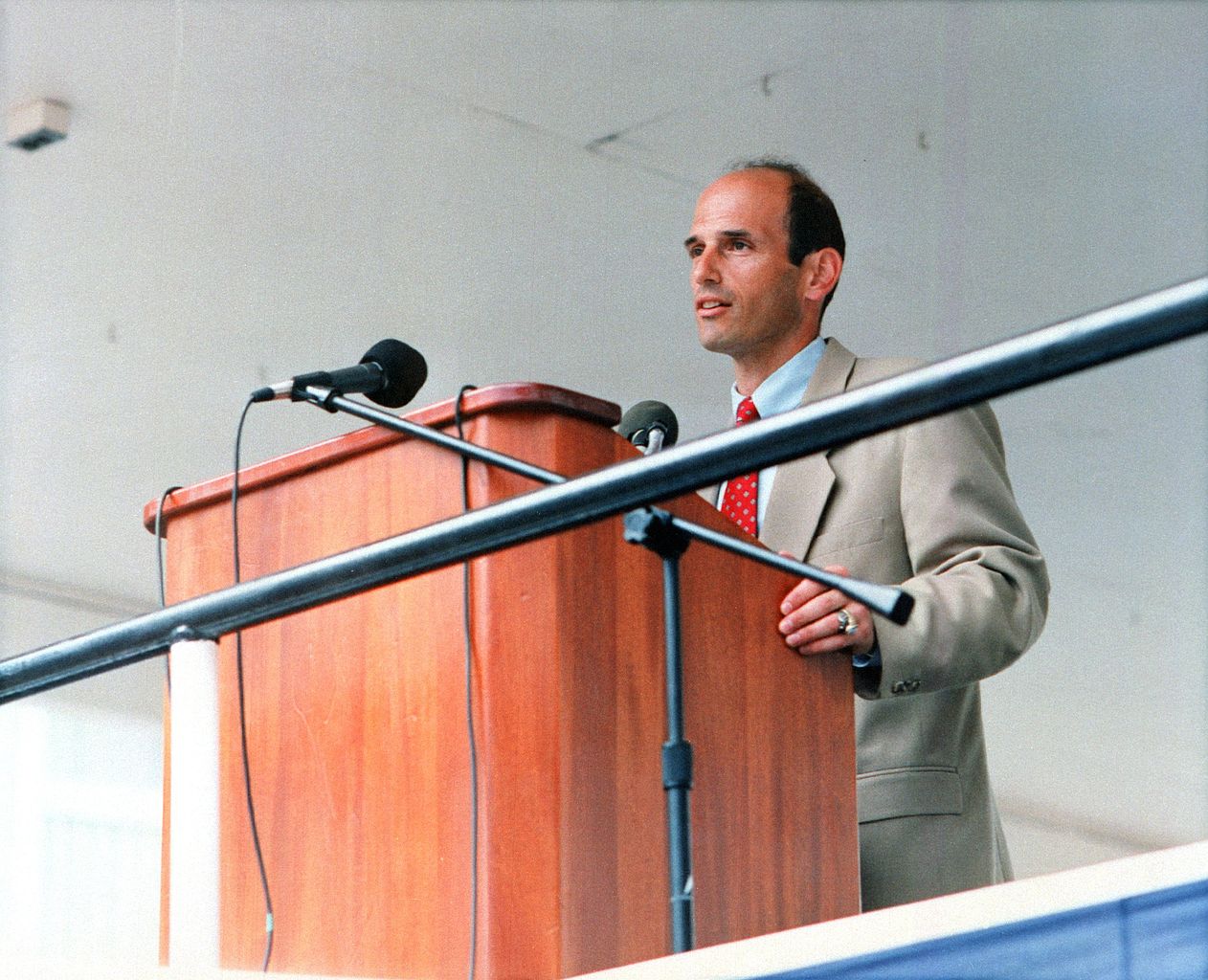 It’s a time of change for foster kids when they turn 18 and enter adulthood. They are out from under parental supervision, making their own decisions that may not always be in the best interest of these young adults. BCFS Health & Human Services CSD works closely with foster agencies and parents to provide them with the tools they need to guide kids into adulthood.
It’s a time of change for foster kids when they turn 18 and enter adulthood. They are out from under parental supervision, making their own decisions that may not always be in the best interest of these young adults. BCFS Health & Human Services CSD works closely with foster agencies and parents to provide them with the tools they need to guide kids into adulthood.
Starting early to learn about the future is important. When you have a foster child, talk with them now and figure out their plans for adulthood – don’t wait until they turn 18 or get mired in teenaged rebelliousness. BCFS Health and Human Services CSD recommends parents show their foster kids healthy cooking skills that can make food cost less than buying ready-made sandwiches at fast food restaurants. Kids can learn to create a variety of meals, so they can build menus and cover their nutritional needs while staying within a budget.
Teaching foster kids about money is a great way to lay the foundation for future success. It’s important they learn all aspects of finance, so they know how financial matters like keeping track of budgets works. It helps them only understand financial matters and the reality of paying for things themselves as well as gaining some confidence from newfound independence.
A shock can come with sudden shifts into adulthood – paying rent and buying car insurance may seem overwhelming at first glance. Small steps today will lead somewhere wonderful tomorrow if foster parents take the time to teach foster kids with patience and respect. They’re on their way to adulthood, and they’ll appreciate foster parents speaking to them as peers while also serving as mentors and guides.









